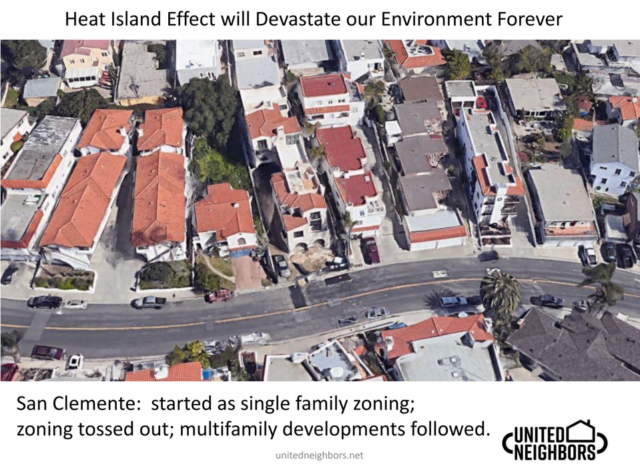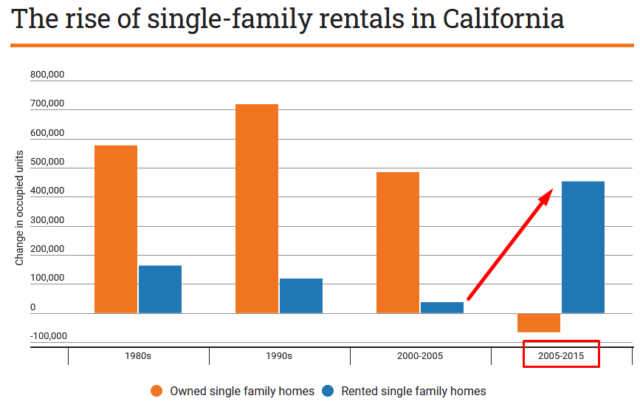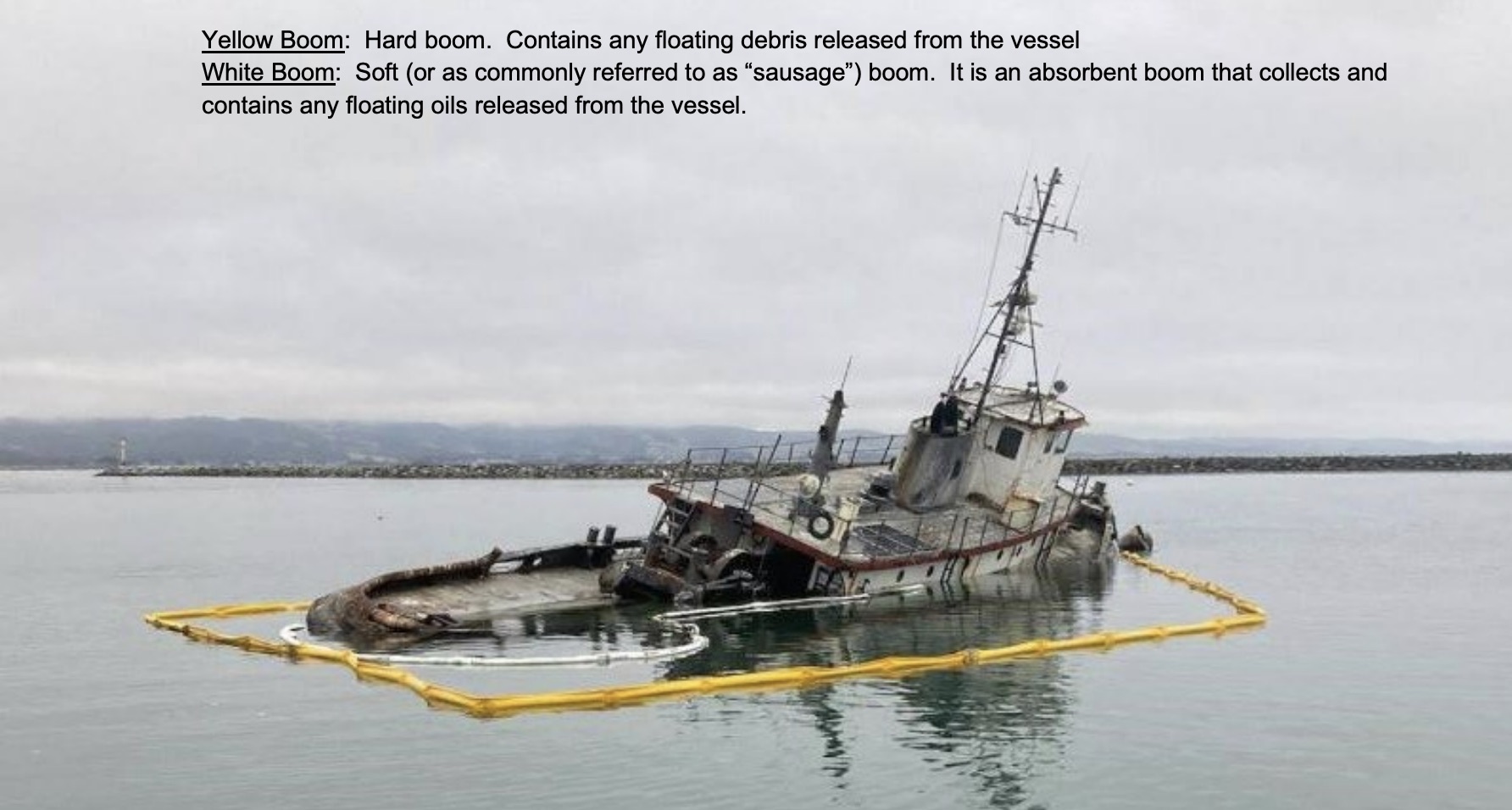|
Getting your Trinity Audio player ready...
|
OWN VOICE. ~ InPerspective by Gregg Dieguez —
Last night our State Senator Josh Becker Zoomed with over 100 residents concerned about two new State Housing Bills which they feel threaten their neighborhoods. One thread of questions was: “We made the choice to move to and invest in this community. How come they get to take it away from us and make decisions that should be ours?”
Footnotes: to use, click the bracketed number and then click your browser Back button to return to the text where you were reading.
Images: Click to enlarge for improved readability in a new window.
There are at least 3 housing bills under discussion in the Legislature and some citizens are outraged. Wed. night Sen. Josh Becker was barraged with questions about what he was going to do to fix or stop two of them. His answers told me: a) not much, and b) he’s a sincere young man, but he’s overworked, understaffed and likely over-matched by entrenched real estate interests. Jerry Hill was mentioned so often he should have been in the room. The man needs our help. So what’s at risk, and what do we think makes sense?
Here’s a summary of the major issues from the viewpoint of an organized citizens’ group – United Neighbors: The two bills causing concern are SB 9 and 10. That group’s summary of key issues:
SB 9:
It’s a lot-splitting bill which will increase density and undermine local control and decision-making. Will cause loss of yards, loss of trees, allow voter initiatives to be overturned by city councils, reduce setbacks [Allows Maximum 4 Foot Side & Rear Yards], minimizes off-street parking, requires no infrastructure improvements, and includes NO affordable housing requirement. Becker doesn’t seem to be worried that City Councils will override voters, as allowed by the bill, because he feels it takes years to get things through the system and that voters would have enough time to change the City Council if things seem to be going the wrong way, quote: “if developers could take over city councils, they would have…”. Clearly he hasn’t paid attention to what’s going on in Pacifica, or has already happened with Condominium Cancer in San Carlos (where resident polls show overwhelming sentiment that ‘it’s too crowded’). A wise local politician pointed out to me that “it only takes $25 to 50K to buy a small city council with campaign contributions, and if you have a property worth $1 million more with a zoning variance, it’s well worth the bet.”

SB 10:
Allows a 10 unit apartment building on any residential property in a transit rich or a job rich area. The justification is supposed to be reduced worker transit pollution. However, electric cars, solar, and work-from-home broadband make this justification much less compelling than in the 20th century. The bill also has no required infrastructure improvements. Minimal off-street parking. Total loss of Single Family Neighborhoods. Local Zoning no longer applies. Allows the removal of locally voted Initiatives, which often protect open space. Loss of yards and open space. Loss of permeable surfaces (yards) needed to replenish our ground water. Not environmentally responsible – the protections of CEQA, which requires master plans to look at the total impact with no piecemealing allowed, would be lost.
Why would developers want to build in neighborhoods? Because there are no required infrastructure improvements or costly entitlements required in single family zones; developers will prefer to build apartments in single family neighborhoods rather than commercial corridors where they would have to pay those fees.
Residents further pointed out to Becker that the bills place burdens on the cities & towns, but provide no funding, no water, and no relief from pollution requirements which are already threatening to raise living costs markedly. For example, desalinated water costs 5 times as much as natural groundwater, and given the Bay Delta plan and our drought conditions, Yes, we’re headed toward ONLY High Cost Water for our incremental water supplies.
Per United Neighbors (U.N.), what should be required in any new State housing bills are:
- Affordable Housing
- Environmental Protection
- Maintaining CEQA
- Infrastructure Upkeep
The motivation for these new State housing bills is profits, not benefits to residents. As an example they cite:
The ability to add density attracts land speculators. “Los Angeles is increasingly a city that is owned not by people but by corporate entities of all kinds. Nearly 67% of all residential units in the city are directly owned by investment entities… With only a tiny fraction of people having investments of any kind, this massive concentration of ownership represents a speculative property market set up to build wealth for the few, not the many.” [UCLA Report]

That report also points out what our housing shortages are caused by: “The market is overproducing luxury housing, much of which sits vacant”. To that, I would add: Short Term Rentals are making profits for the owners (especially here on the MidCoast), and not housing the community needs (e.g. teachers, fire-fighters).[*]
U.N. recommends SB 15 instead, about which they claim: “For any idle big box retailer or commercial shopping center site rezoned by a local government [into new housing]…provides grants to local jurisdictions to make up for 7 years of tax revenue; SB 15 mandates affordable housing and prevailing wages.” And because of the zoning requirements, the infrastructure burden must be funded by the developers.
Let the Housing Debate Begin:
The push for housing, to me, seems to be a cover story for profits, and continues a trend of Guilt Trips driven by monied lobbying of elected officials. You’ve heard about NIMBY’s – a guilt trip tactic used to push for more housing. But overlooked are the “Lemmings”- LMMMMG’s = Let Me Make My Money Growing. And the Lemmings don’t care about the unsustainable nature of your overpopulated future, because they’re taking their profits today.
Why are we always favoring Corporations? Cities and states pursue businesses like Amazon and NFL teams with tax breaks to move there, without paying their fair share of taxes, so they’ll bring jobs. And then cities and states are supposed to subsidize the housing for the workers upon whom the Corporations make their profit!?!?
Conservatives worried about impending socialism shouldn’t be; we’ve already built a form of Corporate Socialism. Maybe if it were real Socialism, we’d have reliable internet and healthcare we could afford. We already have oligopolies in almost every major industry – from food to telecommunications to social media – which raise prices, limit choices, and undermine wages (by limiting labor’s options and bargaining power [see also: Strike, Amazon]). Why do we need to further subsidize profits in real estate, construction and financial services? If we’re going to subsidize things, why not spend much more on quality education and healthcare, empowering people to make their own choices about careers and locations?
Even better: Why don’t we make the Corporations build the housing, the public works, and the schools for their workers, and bring their own water – if they want to locate here? If we’re trying to remedy inequality in society, why aren’t we instead pushing for more/better education, health care, and wages, instead of pushing for housing here – when people might rather telecommute from Utah, Alabama, or Tennessee?[+] Asking for a friend. Even Sen. Becker said: “All the jobs can’t be here.”
FOOTNOTES:
[*] More To Come…
This is clearly a complex topic, involving property rights, social good, population and employment trends, and more. We can’t cover that all in the time you’re giving us with your coffee and biscotti, so let’s extend this discussion in bite-sized articles over the coming months.
[+] Remote Work
Yes, those are real examples of high tech and financial services young workers relocating but still working for Silicon Valley, NYC, and Boston firms.
More From Gregg Dieguez ~ InPerspective
Mr. Dieguez is a native San Franciscan, longtime San Mateo County resident, and semi-retired entrepreneur who causes occasional controversy on the Coastside. He is a member of the MCC, but his opinions here are his own, and not those of the Council. In 2003 he co-founded MIT’s Clean Tech Program here in NorCal, which became MIT’s largest alumni speaker program. He lives in Montara. He loves a productive dialog in search of shared understanding.







Thank you so much for this article Gregg. I wasn’t able to make the meeting and really appreciate your knowledgeable voice on these important topics.
Gregg, what are the required infrastructure improvements and affordability for the existing zoning in these single family neighborhoods?
Clearly, this depends on the neighborhood and the development scope. I can give partial examples from early filings I’ve seen for a couple of local projects. Big Wave: requires a long water main extension and perpetual operation, maintenance, and asset replenishment, plus fire fighting water storage that exceeds the amount for all the rest of Montara, and that storage also has perpetual operation, maintenance, and asset replenishment costs (which is why HMB is considering ELIMINATING some of theirs). Cypress Point: same fire fighting issue, plus the fact that MWSD has a cap on its sewer capacity with a very expensive “overage” clause for buying more capacity, plus an additional fire issue, which is that hydrants in the vicinity of the development are (barely) legal for single family home fires but will not likely qualify for the volumes required for a 71 unit dense complex – potentially meaning a water main “loop” upgrade for several million $ in that area, plus perpetual operation, maintenance, and asset replenishment costs. And of course there are roads and traffic controls and schools and increased burdens on fire and police, and I’m sure I’m forgetting something – but you get the drift. There can be other ‘tipping point’ issues, like the water supply and TMDL pollution limits, where you’re fine until you’re not – and then everyone gets hit with the extra cost caused by the New Joiners. You’re familiar with what happens when you try to put 10 lbs. into a 5 lb. bag, right?
Well, yesterday I opened my email from MidCoast ECO and saw that they are suing the Coastal Commission for failure to follow their own guidelines when approving the SMC LCP Ammendment for Mid Pen Housing’s proposed “medium density” Affordable Housing Project ij Moss Beach Heights.
“The Commission failed to analyze the reasonably foreseeable impacts of the residential development allowed by the LCP Amendment. Rather than engage in the analysis needed for informed decision making and public participation, the Commission impermissibly forestalled that analysis to a “subsequent process” in regards to inter alia reasonably foreseeable traffic, biology, hazardous soils, water supplies, wastewater, and fire risk impacts.
By failing to analyze the reasonably foreseeable impacts of the LCP Amendment, the Commission failed to comply with CEQA and prejudicially abused its discretion.”
Praise the Lord. Yes, we need Affordble Housing, but to shoe-horn it in on that Toxic Military site that has poor traffic ingress and egress or SAMTRANS service would actually do a disservice to both the future residents and to the environment. Rushing it through without a Traffic Study was just “Hubris Icing” on the MidPen Cake.